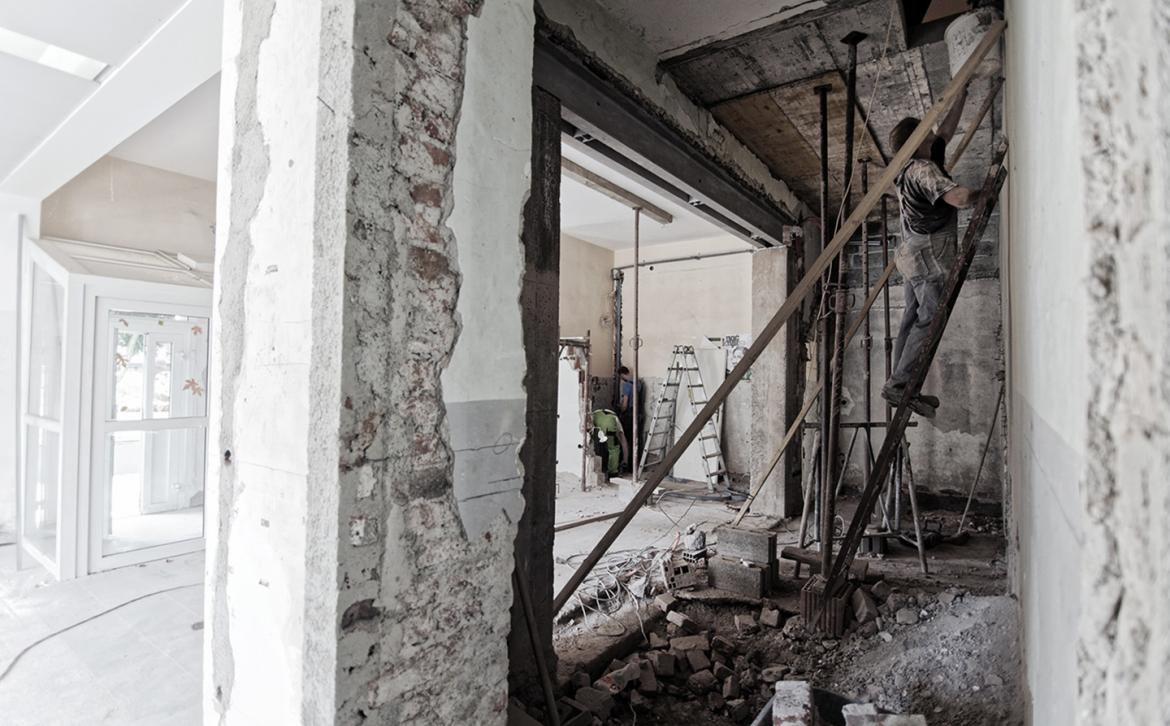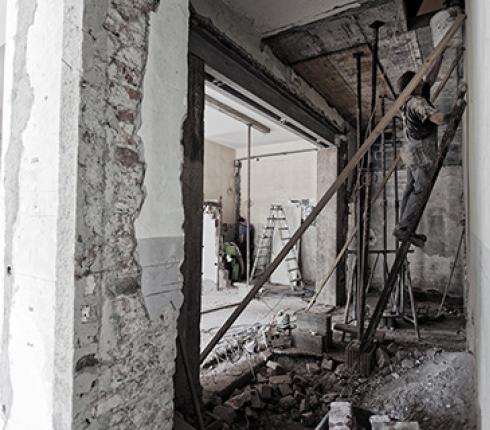Will the stricter energy requirements ruin the business of landlords?
As part of the Danish Government’s Blackstone intervention, the energy requirements of the Danish Housing Regulation Act, which the landlord must meet in order to use the rules on radically improved tenancies, will become stricter. Get an overview of what the requirements entail in practice and how best to navigate so that your business is not ruined.

If the landlord carries out a radical modernization of his tenancies, the rent can be fixed at the value of the tenancies. However, this is based on the condition that the property meets certain energy requirements. On 1 July 2020, the new and stricter energy requirements will enter into force, and they apply to tenancies where the lease period begins after 1 July 2020.
| Current energy requirements | New energy requirements as of 1 July 2020 |
| The property must be energy class D or better. | The property must be energy class C or better. |
| The landlord must make energy improvements for a minimum of DKK 430 per sqm (2020 level) within a period of two years. | The landlord must make energy improvements that raise the property's energy labelling by two energy classes in relation to the property's energy labelling as of 1 July 2020. |
Be aware that the energy requirements do not apply to listed buildings because of their monumental, architectural or historical value.
The new energy requirements make it harder and more expensive for landlords to fix the rent at the value of the tenancy, which is typically significantly above the cost-determined rent. In many cases, the cost of energy improvements will no longer measure up with the additional rent obtained by the landlord if the rent is fixed at the value of the tenancy. In other cases, it will be practically impossible to adequately raise the property’s energy level.
The consequences of the stricter energy requirements are particularly severe for landlords, who are in the process of undertaking a radical modernization, if the modernization and the rental cannot be completed before 1 July 2020. These landlords risk wasting money on energy improvements and modernization without being able to achieve the desired rent increases.
Landlords, who are letting out radically modernized tenancies for the first time, should be aware that energy requirements apply to all rentals beginning on 1 July 2020 or later. This will apply regardless of whether the lease agreement is concluded before 1 July 2020.
If modernization cannot be carried out before 1 July 2020, the landlord will be faced with a dilemma. You can choose to invest in additional energy improvements in order to comply with the new energy requirements or to fix the rent as cost-determined with the addition of increases due to improvements.
If you decide to make additional energy improvements in order to meet the stricter requirements, it may be advantageous to postpone the energy improvements until after 1 July 2020. Energy improvements made before 1 July 2020 will in some cases not count at the assessment of whether the property’s energy labelling has been raised by two energy classes. Thus, the landlord risks wasting money on futile energy improvements.
The rules will change energy requirements considerably. Therefore, we recommend both landlords and investors to seriously consider the impact of the rules on the rental properties that they own or want to invest in.
Especially landlords, who are in the process of carrying out radical modernization, ought to consider whether it is necessary to adjust the projects and, where appropriate, postpone the energy improvements.
NJORD can help you cross the finish line when it comes to ongoing modernization, so that you can obtain the best possible result despite the new energy requirements. Are you in the process of investing or are facing an investment in rental properties, we can advise you on how the energy requirements and the Blackstone intervention as a whole may affect your investment in the short and long term.
Please contact Senior Attorney Frej Campen Wolthers by telephone (+45) 77 40 10 04 or on fcw@njordlaw.com






